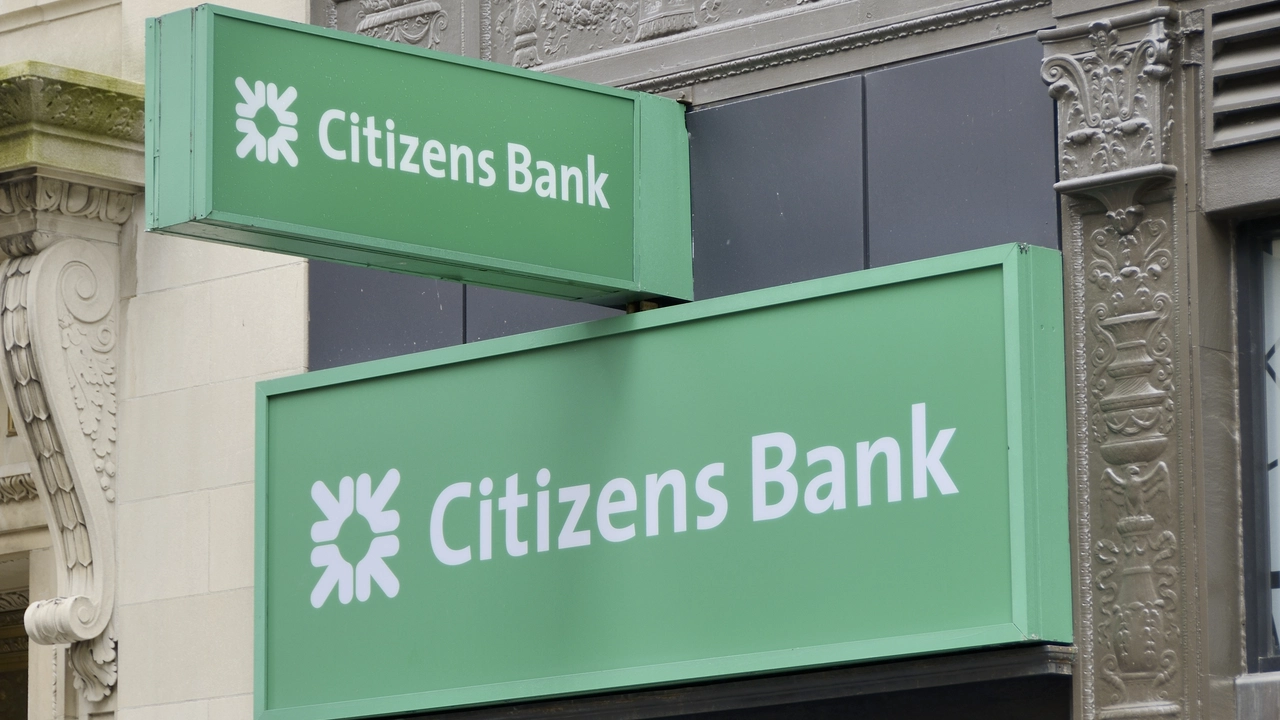Understanding the Basics: What Are Local Banks and Credit Unions?
Before we delve into which is better, local banks/credit unions or national ones, it’s important to understand what these institutions are. Local banks, also known as community banks, are typically smaller institutions that serve a specific region or community. On the other hand, credit unions are not-for-profit organizations that are owned and operated by their members, rather than shareholders. They also tend to serve specific communities or groups of people.
The Appeal of National Banks
National banks have a wide reach, often with branches and ATMs across the country. This can make banking convenient for those who travel frequently or live in multiple locations. National banks also typically offer a wider range of services, including different types of accounts, loans, and investment options. Furthermore, they often have robust online and mobile banking platforms, which can make managing your money easier.
Why Choose a Local Bank or Credit Union?
Local banks and credit unions, while smaller in size, offer their own set of advantages. These institutions are often more connected to their communities, which can translate into better customer service and a more personal banking experience. Furthermore, because they are not driven by profit in the same way as national banks, credit unions often offer better rates on loans and savings accounts. Local banks also tend to have lower fees than their national counterparts.
Comparing Fees and Rates
When comparing local banks and credit unions with national banks, it's important to consider fees and rates. These can vary widely from one institution to another. As mentioned earlier, local banks and credit unions often have lower fees and better rates on loans and savings accounts. However, national banks can sometimes offer competitive rates, particularly for certain types of accounts or services.
Access and Convenience
Access and convenience are important factors to consider when choosing a bank. National banks often win in this category, with numerous branches and ATMs across the country. Additionally, their online and mobile banking platforms are often more sophisticated. However, if you prefer banking in person and live in a community served by a local bank or credit union, these institutions could offer superior convenience.
Customer Service: A Local Advantage?
Customer service is another key factor to consider. In general, local banks and credit unions tend to offer more personal service than national banks. This is because they serve smaller communities and thus, are often better able to get to know their customers. If personalized service is important to you, a local bank or credit union may be the better choice.
Range of Services
When it comes to the range of services offered, national banks generally have the edge. They often offer a wider variety of accounts, loans, and investment options. However, local banks and credit unions can also provide a range of services, and may even offer unique products that are tailored to their community.
Security and Trust
Both local and national banks offer FDIC insurance, which protects your deposits up to $250,000. Credit unions offer a similar protection through the National Credit Union Share Insurance Fund. Therefore, in terms of security, both types of institutions are relatively equal. However, trust can be a different matter. Some people may feel more comfortable with a local institution that they know and trust, while others may prefer the stability of a large national bank.
Community Involvement
Local banks and credit unions are often deeply involved in their communities. They may sponsor local events, contribute to local charities, and make loans to local businesses. If supporting your local community is important to you, choosing a local bank or credit union could be a good fit.
Which is Better for You?
In conclusion, there is no one-size-fits-all answer to the question of whether a local bank/credit union or a national bank is better. It depends on your personal needs and preferences. Consider the factors discussed in this article, such as fees and rates, access and convenience, customer service, range of services, security and trust, and community involvement. By weighing these factors, you can make an informed decision that best suits your banking needs.






Write a comment